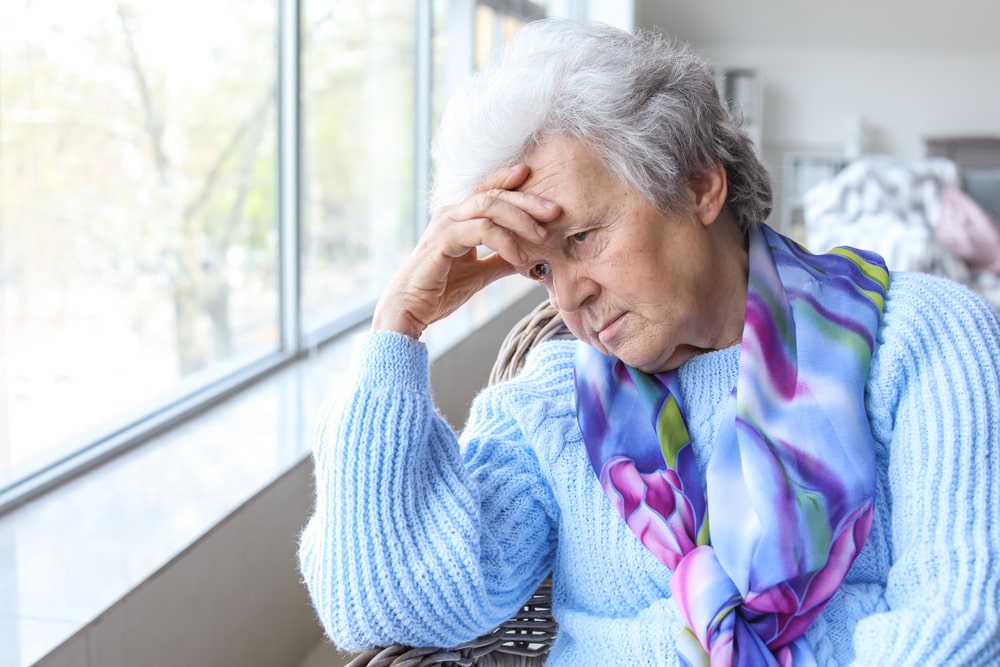Emotional Well-Being in Assisted Living: Addressing Loneliness and Depression

Emotional well-being is a fundamental aspect of human life, irrespective of age. However, as individuals grow older, they often face unique challenges that can affect their emotional health. One of the most pressing concerns in the realm of senior care is the prevalence of loneliness and depression among residents of assisted living facilities. We wanted to discuss the significance of emotional well-being in assisted living, and various strategies and interventions that can help address the issues of loneliness and depression in these settings.
Understanding Emotional Well-Being in Assisted Living
Assisted living facilities play a vital role in providing care and support to elderly individuals who may require assistance with daily activities, healthcare, and social engagement. While these facilities offer numerous benefits, they can also present challenges related to emotional well-being. Loneliness and depression are two of the most common emotional issues faced by residents in assisted living.
Loneliness: The Silent Epidemic
Loneliness is not just a fleeting feeling; it is a pervasive emotional state that can have severe consequences for an individual's health. Elderly residents in assisted living may experience loneliness due to various reasons, including the loss of a spouse, limited mobility, or the absence of close family and friends. This isolation can lead to a decline in mental and physical health, making it a significant concern in the senior care industry.
Depression: The Hidden Struggle
Depression often accompanies loneliness in assisted living settings. It is a clinical condition that can affect a person's mood, thoughts, and overall quality of life. Symptoms of depression may include persistent sadness, loss of interest in activities, changes in appetite and sleep patterns, and feelings of hopelessness. Identifying and addressing depression in elderly residents is crucial to ensuring their emotional well-being.
Strategies to Address Loneliness and Depression
- Promote Social Engagement: Encouraging residents to participate in group activities, such as art classes, game nights, or gardening clubs, can help combat loneliness. These interactions provide opportunities for residents to build meaningful relationships and a sense of belonging within the community.
- Offer Counseling Services: Providing access to mental health professionals who specialize in geriatric care is essential. These counselors can offer individual therapy or group sessions to address depression and loneliness and teach coping strategies to residents.
- Create Supportive Environments: Assisted living facilities can design communal spaces that promote social interaction and connection. Comfortable lounges, outdoor gardens, and communal dining areas can foster a sense of community and reduce feelings of isolation.
- Technology Integration: In the digital age, technology can be a powerful tool to connect residents with their loved ones. Assisted living facilities can facilitate video calls and provide training to residents on using devices like tablets and smartphones to stay in touch with family and friends.
- Physical Activity Programs: Regular physical activity has been shown to have a positive impact on emotional well-being. Assisted living facilities can offer fitness classes tailored to the residents' mobility levels, ensuring that everyone can participate.
- Education and Awareness: Raising awareness about the importance of emotional well-being among residents and staff is crucial. Training staff to recognize signs of loneliness and depression and empowering them to offer support can make a significant difference.
The Role of The Sarah House in Promoting Emotional Well-Being
At The Sarah House, we understand the significance of emotional well-being in the lives of our residents. Our commitment to addressing loneliness and depression sets us apart as a leading assisted living provider. Our team of compassionate professionals is dedicated to creating an environment where residents can thrive emotionally and socially.
We offer a wide range of activities and programs designed to foster social engagement and combat loneliness. From art therapy classes to group outings and regular social events, we prioritize opportunities for residents to connect and build lasting friendships.
Our on-site counseling services are staffed by experienced mental health professionals who specialize in senior care. They work closely with residents to provide individualized support and therapeutic interventions to address depression and loneliness effectively.
Additionally, The Sarah House strongly encourages regular, meaningful communication with family and friends. We recognize the importance of staying connected, and our staff is readily available to assist residents in using digital devices to maintain these vital connections.
We believe in the power of physical activity to boost emotional well-being, which is why we offer a variety of fitness programs tailored to the needs and abilities of our residents. From gentle yoga to chair exercises, our fitness classes are designed to promote physical and emotional health.
Our commitment to education and awareness ensures that our staff is well-prepared to identify and address emotional challenges among our residents. We continuously invest in training and development to provide the highest level of care and support.
Contact Us to Schedule a Tour
If you or a loved one is seeking a supportive assisted living community that prioritizes emotional well-being, we invite you to contact The Sarah House. Our dedicated team is available to provide more information about our services and facilities or to schedule a tour. Join us in creating a warm and nurturing environment where emotional well-being is a top priority. Your emotional health matters, and we are here to support you every step of the way.